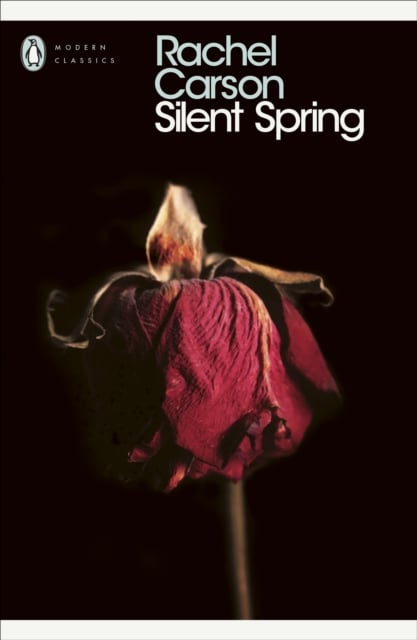


Silent Spring
Rachel Carson
Deliveries to US may be subject to delays currently.
Customs charges and/or sales taxes may also be imposed at the destination country.
Now recognized as one of the most influential books of the twentieth century, Silent Spring exposed the destruction of wildlife through the widespread use of pesticides Rachel Carson's Silent Spring alerted a large audience to the environmental and human dangers of pesticides, spurring revolutionary changes in the laws affecting our air, land, and water. Despite condemnation in the press and heavy-handed attempts by the chemical industry to ban the book, Carson succeeded in creating a new public awareness of the environment which led to changes in government and inspired the ecological movement. It is thanks to this book, and the help of many environmentalists, that harmful pesticides such as DDT were banned from use in the US and countries around the world.
This Penguin Modern Classics edition includes an introduction by Lord Shackleton, a preface by World Wildlife Fund founder Julian Huxley, and an afterword by Carson's biographer Linda Lear.










